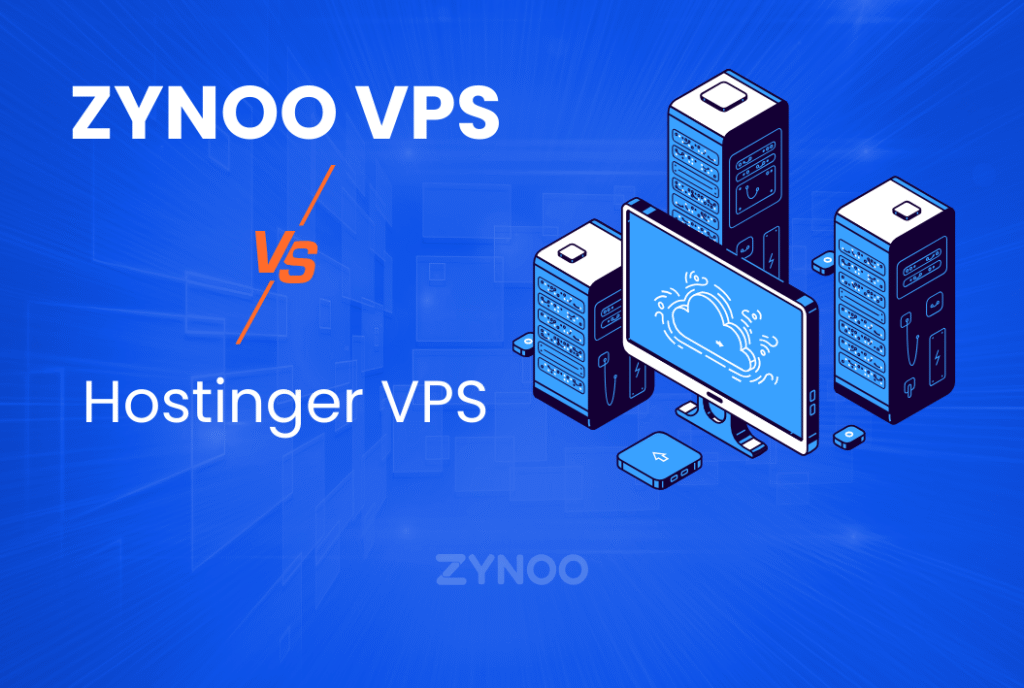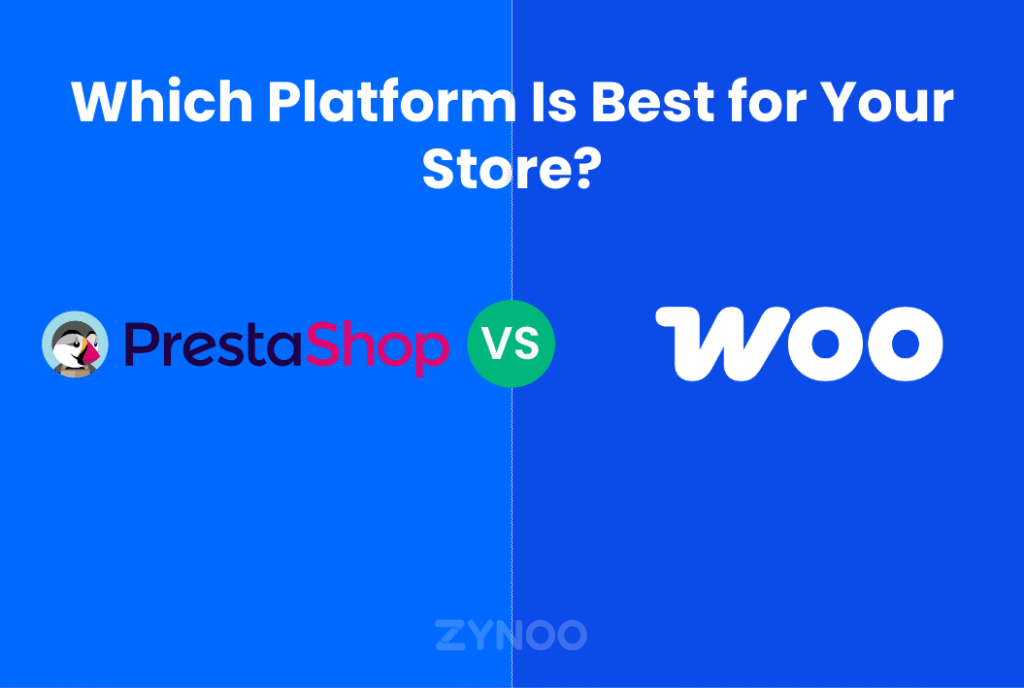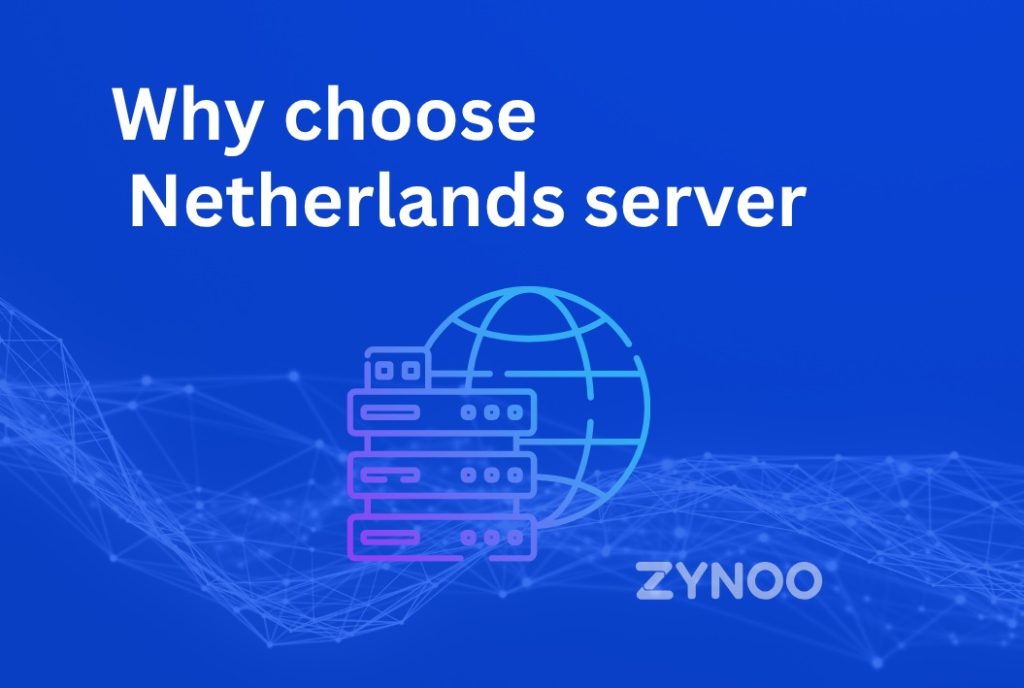The way we consume media is experiencing a major shift, driven by the increasing demand for personalized and on-demand entertainment. This evolution has brought IPTV, or Internet Protocol Television, into the spotlight as a groundbreaking technology. But what is IPTV exactly? Essentially, IPTV delivers television content through internet networks rather than traditional broadcast methods, allowing users to access a wide array of channels and programs via internet-connected devices.

What is IPTV?
What is IPTV? IPTV, which stands for Internet Protocol Television, is a technology that delivers television content over the internet, rather than traditional cable or satellite services. Unlike conventional broadcasting, IPTV streams media using the same protocol that powers the internet, offering a more flexible and interactive viewing experience.
How Does IPTV Work?
Unlike traditional broadcasting methods, IPTV depends on the internet to deliver video content to viewers. It utilizes Internet Protocol (IP) technology, providing a seamless, on-demand viewing experience. So, What is IPTV?
- Content Acquisition: Content providers gather video content, including live channels, movies, or recorded shows.
- Content Encoding: Videos are encoded with specific standards to compress file sizes while preserving quality.
- Delivery Through IP Networks: Encoded content is stored on servers and transmitted to users via high-speed IP networks.
- User Interface Access: Subscribers engage with content via apps, smart TVs, or set-top boxes.
The effectiveness of IPTV—what is IPTV—lies in its use of streaming protocols such as RTSP (Real-Time Streaming Protocol) or HLS (HTTP Live Streaming), which optimize video delivery for a buffer-free experience.
- The efficiency of IPTV stems from its use of streaming protocols such as RTSP (Real-Time Streaming Protocol) or HLS (HTTP Live Streaming), which enhance video delivery for a buffer-free experience.
Types of IPTV Services
IPTV isn’t a one-size-fits-all solution. It provides various service types, customized to different audience needs. But what is IPTV?
Live Television
This mimics the traditional TV experience by streaming channels in real-time. Popular for sports and live news events, live IPTV offers a smooth way to access broadcasts without a cable subscription.
Video on Demand (VOD)
VOD allows users to watch specific content at their convenience. Services like Netflix and Amazon Prime Video run on a similar model, though they’re technically not pure IPTV services.
Time-Shifted Media
Have you missed a broadcast? Time-shifted IPTV allows you to view recently aired content at your convenience. Unlike Video on Demand (VOD), it generally provides a restricted viewing window.
Interactive TV
Interactive IPTV integrates conventional viewing with functionalities such as voting, interactive advertisements, and gaming, thereby establishing a more captivating experience.
Benefits of IPTV
IPTV isn’t just a buzzword; it brings tangible benefits to both consumers and providers.
Enhanced Viewing Flexibility
Unlike cable or satellite TV, IPTV allows viewers to access content anytime, anywhere, on any device. Whether you’re at home or on the go, you can enjoy your favorite shows without interruptions.
Cost-Effectiveness
IPTV usually costs less than traditional TV packages. Plus, many services offer customizable plans, so you only pay for what you want to watch.
High-Quality Streaming
Thanks to advances in technology, IPTV can deliver high-definition and even 4K content with minimal buffering.
Interactive Features
Interactive IPTV services allow viewers to engage in polls, get extra information about shows, or even shop while watching.
Global Reach
With IPTV, geography isn’t a barrier. Users can stream international channels and programs, making it a perfect solution for expatriates or language learners.
The Role of IPTV in Smart Homes
IPTV is becoming an increasingly crucial element of smart homes, offering a seamless entertainment experience.
1. Voice-Activated Controls
Integrating IPTV with Artificial Intelligence (AI) and voice assistants like Alexa or Google Assistant enables users to control playback, search for content, and receive personalized recommendations hands-free.
- Example: “Play the latest episode of Game of Thrones on my living room TV.”
2. Integrated Ecosystems
IPTV services now synchronize with other smart home devices, such as lighting and sound systems, creating a more immersive viewing experience. So, what is IPTV, and what is its ecosystem? IPTV, or Internet Protocol Television, refers to the delivery of television content over the Internet. Its ecosystem includes content providers, service platforms, middleware, and various compatible devices, all working together to enhance the user experience.
Example: Lights dim automatically when you start streaming a movie on IPTV
Advantages of IPTV in Rural and Urban Areas
1. Rural Access to Global Content
In remote areas lacking cable infrastructure, IPTV fills the gap by offering access to international channels and entertainment through the internet.
- Example: Farmers streaming agricultural education videos on IPTV services.
2. Urban Convenience and Flexibility
For urban users, IPTV provides advanced features such as multi-screen viewing, smart home integration, and ultra-HD streaming, improving their entertainment experience.
Popular IPTV Platforms
The growing demand for IPTV has resulted in a variety of service providers entering the market. Here are some notable ones:
- Hulu + Live TV: A mix of live TV and on-demand content.
- YouTube TV: Offers a robust lineup of live channels and a user-friendly interface.
- Sling TV: Budget-friendly with customizable packages.
- Philo: Focused on entertainment channels at a low price.
- Pluto TV: A free IPTV service with limited ads.
These providers serve different needs, making it easier to find a service that fits your preferences.
IPTV vs. Traditional TV
| Aspect | IPTV | Traditional TV |
|---|---|---|
| Content Delivery | Internet-based | Cable/Satellite |
| Device Compatibility | Multi-device | Limited to TV sets |
| On-Demand Options | Extensive | Minimal |
| Global Access | Yes | Region-specific |
| Cost | Affordable | Expensive |
IPTV’s flexibility and wide range of content make it a top choice for tech-savvy viewers.
How to Get Started with IPTV
Choose a Reliable IPTV Provider
Research and select a trustworthy IPTV service. Look for reviews, customer support options, and trial periods to ensure a good experience.
Select Your Device
IPTV can be accessed on smart TVs, smartphones, computers, or dedicated streaming devices like Roku or Firestick.
Set Up the Service
Install the required app or software provided by your IPTV service. Configuration is usually straightforward, but providers often supply step-by-step guides.
Enjoy the Content
Once set up, you can explore channels, VOD libraries, live TV options, and Podcasts.
Challenges of IPTV
Despite its many benefits, IPTV isn’t without challenges:
Legal Issues
The legality of IPTV varies by region. Some providers operate without proper licensing, raising concerns about piracy.
Bandwidth Dependency
IPTV requires a stable internet connection. Poor bandwidth can lead to buffering and quality issues.
Geographical Restrictions
Some IPTV services are restricted to certain regions due to licensing agreements. However, VPNs are often used to bypass these restrictions.
Setting Up IPTV
Getting started with IPTV is simple:
- Select a Provider: Research and choose a reputable IPTV provider based on reviews and features.
- Check Device Compatibility: Ensure your devices support the IPTV service.
- Install the App: Download the provider’s app on your device or use a set-top box for non-smart TVs.
- Subscribe to a Plan: Choose a subscription that fits your needs and budget.
- Start Streaming: Log in and begin exploring the content library.
Key Features of IPTV
- Interactive Viewing: IPTV allows viewers to pause, rewind, or fast-forward live TV and recorded shows.
- Personalized Recommendations: Advanced algorithms analyze viewing habits to suggest content tailored to your preferences.
- Multi-Screen Support: IPTV services work seamlessly across multiple devices.
- High-Quality Streaming: Many IPTV providers offer HD and 4K resolution for an enhanced viewing experience.
Future Trends in IPTV
The future of IPTV looks promising, with innovations and advancements driving its growth:
- 5G Integration: Faster internet speeds will make IPTV more accessible and reliable.
- AI and Personalization: Advanced algorithms will enhance content recommendations.
- Expanded Global Reach: IPTV providers are entering new markets, making content more accessible worldwide.
- Virtual Reality (VR) Streaming: The inclusion of VR technology could redefine how viewers experience IPTV.
FAQs
What devices can I use to watch IPTV?
Is IPTV legal?
How does IPTV differ from traditional TV?
Can I watch live sports on IPTV?
What internet speed is required for IPTV?
How do I find a reliable IPTV provider?
Conclusion
IPTV represents a significant shift in how we consume entertainment. Offering flexibility, affordability, and a wide range of features, it’s no wonder that IPTV is growing in popularity worldwide. Whether you’re a casual viewer or a cord-cutter seeking an alternative to traditional TV, IPTV opens up a world of new opportunities. So, in conclusion, what is IPTV, and why is it transforming the way we consume media?



